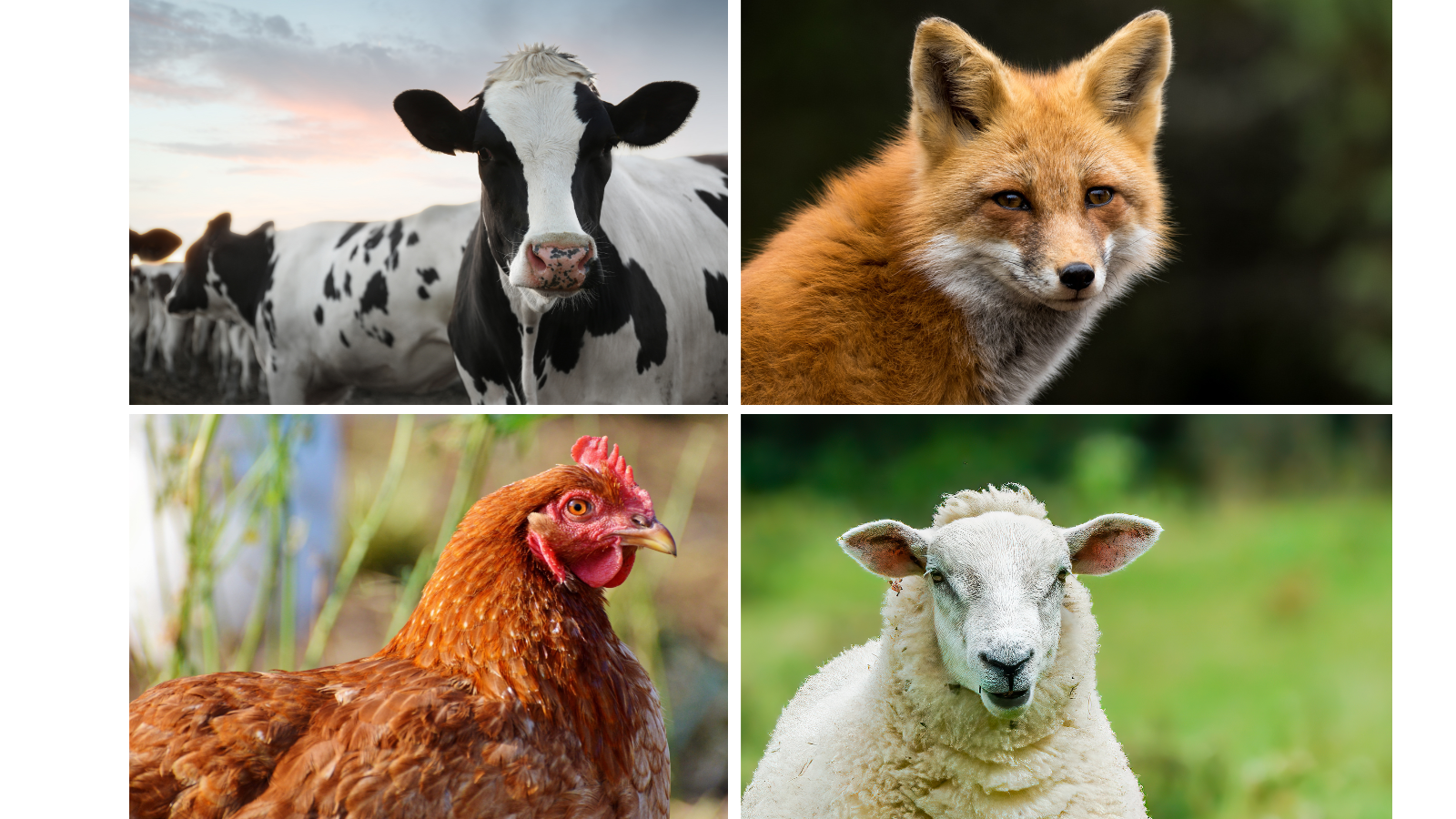
2024 General Election statement
June 27, 2024 4:28 pmGiving a voice to animals in trade policy
The 2024 general election is an opportunity to give animals a voice and to ensure that UK trade policy does not outsource cruel practices to third countries.
The UK imports a significant amount of animal-based products, the majority of which come from the EU, where animal welfare standards are similar to those in the UK. However, as the UK negotiates new trade agreements with India, Mexico and other agricultural powerhouses where animal welfare standards are relatively much lower, consumers may end up purchasing animal-based products produced with cruel practices that would be illegal in the UK. For example, the UK-Australia trade deal actually facilitates the import of certain low-welfare products by lowering tariffs without imposing animal welfare conditions.
To address this, the Government must ensure that all animal-based products imported into the UK comply with UK or equivalent animal welfare standards. This would respect the ethical concerns of citizens, as demonstrated by the RSPCA’s 2023 Animal Kindness Index, which found that 80% of UK citizens believe that UK animal welfare standards should apply to imports.
Legislating that UK standards apply to imported animal-based products would have the dual benefit of avoiding lengthy and difficult negotiations with trading partners, and ensuring compliance with World Trade Organization (WTO) arrangements. Additionally, the Government should also apply bans on foie gras and fur to imports, as well as any improvements to standards related to farmed animals, such as potential bans on cages.
Regarding trade relations with the EU, the new Government should negotiate a common veterinary area (CVA). This would allow better control of animal diseases, ease the movement of live animals between Great Britain, Northern Ireland and the EU, and encourage both partners to strive for the highest standards in animal health and welfare. A CVA should include provisions for the dynamic alignment of future standards, meaning that if the UK or the EU adopts new legislation, the other should ensure it provides for a similar standard according to their own requirements.
The upcoming election is a crucial moment for the UK to reinforce its commitment to animal welfare. By ensuring imported products meet high welfare standards, the UK can lead by example and promote ethical practices globally.